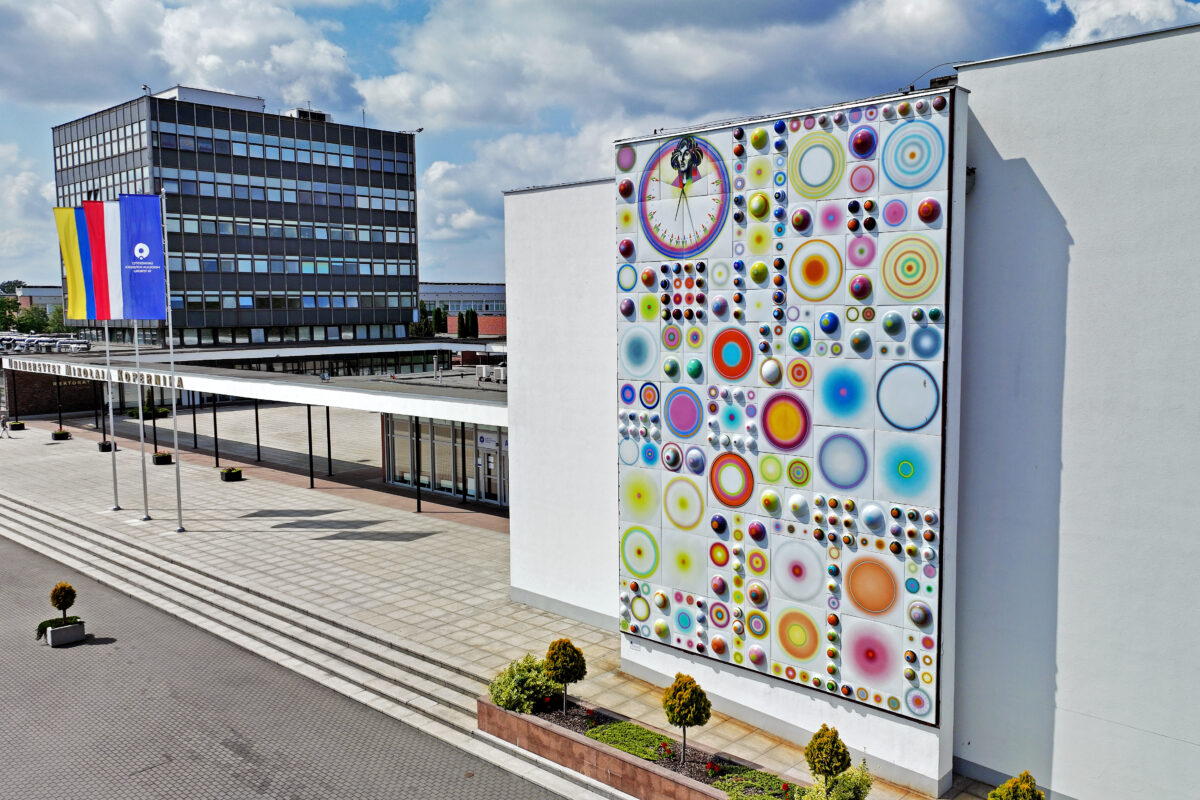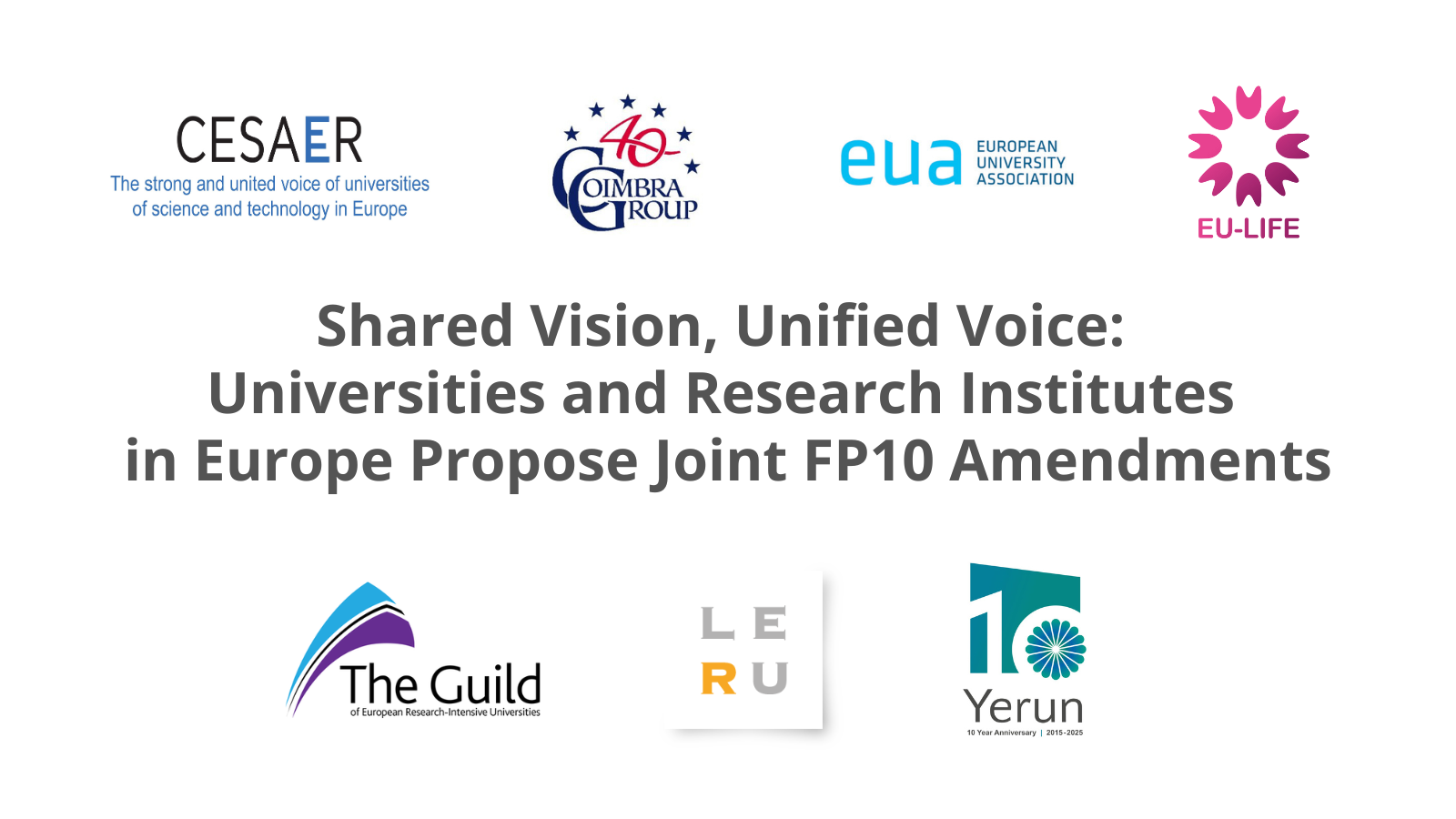An edible garden, urban lab, employee voluntary work, consideration for accessibility and environmental care – the Nicolaus Copernicus University in Toruń is successfully implementing further initiatives that fit in with the goal of sustainable development of the university and its surroundings.
The Nicolaus Copernicus University community understands sustainability as solidarity between many different groups in society, which involves finding solutions that guarantee continued shared, growth.
Urban laboratory at the University
The creation of urban labs in Europe is a fairly common practice, but in Poland the idea is only just emerging. The Nicolaus Copernicus University’s urban lab was the third in our country and the first to be hosted by the university. Its originators emphasise that the campus can become a lens through which it will be possible to see very clearly what challenges Toruń faces and how we can meet them to make life better for all the citizens. The first project, which is being carried out by the Urban Lab, concerns the accessibility of the university campus for people with disabilities – not only in a spatial context, but also in a social one. Based on the results of an accessibility study, recommendations will be made for actions that can be implemented not only within the university campus, but also transferred to other areas of Toruń.
Copernican Integration Centre will calm you
On the NCU campus, there is a KOI – the Copernican Integration Centre. It is a place designed to integrate the academic community and the citizens of Toruń, intended as a space for joint activities, meetings, training sessions and workshops. Many of them are devoted to themes related to inclusiveness, openness and environmental protection. The centre is also home to the Deputy Rector for Equality and Academic Ombudsman, as well as student counselling services.
An initiative which deserves attention is the Edible Garden which has been created around the centre. It is cultivated by the university community and local residents. Together they plant and sow vegetables, fruits and herbs. By making this space available to others, the NCU not only provides an opportunity to grow plants, but also influences eating habits and strengthens awareness of the connection to the surrounding ecosystem. In the process, important topics related to sustainability and climate change adaptation are addressed. Male and female students, as well as Toruń residents, gain knowledge here on food sovereignty, urban food production, permaculture, organic gardening, agroecology and rational management of natural resources.
The garden also has a recreational function, contributing to the integration of local residents and students from Poland and abroad.
Engagement=satisfaction
The Nicolaus Copernicus Univesity has also held the pilot edition of the ‘NCU Employee Volunteerism’ competition, the idea of which is to financially support employees and students in carrying out their initiatives for the benefit of the natural environment and the local community. In the first round of the competition, three projects won, involving the revitalisation of the greenery adjacent to one of the university’s buildings; the construction of environmentally friendly houses for insects, swifts, bats and hedgehogs; and the organisation of activities to stimulate the holistic development of the participating children and shape their active citizenship towards the environment and the local community.
Water in eco-mode
In response to the expectations of the modern world, out of concern for the environment and in connection with the entry into force of the next package of the EU’s ‘plastic directive’, the authorities of the Nicolaus Copernicus University have decided not to purchase bottled water. In the Toruń part of NCU, 105 filters and taps for drinking water will be installed in 23 locations: faculties and administration buildings.
The estimates indicate that the Nicolaus Copernicus University will reduce its plastic consumption by approximately 22,000 1.5-litre bottles and 15,000 0.5-litre bottles per year as a result of this decision. This amounts to approximately a tonne of waste. An analogous process will take place at the NCU Collegium Medicum in Bydgoszcz, which is at the stage of selecting the location of taps in the units.
– As a university, we have an extraordinary opportunity to build a better world, not only through our research and education, but also through responsible management,’ says prof. dr habil. Aldona Glinska-Neweś, NCU Vice-Rector for Cooperation with Social and Business Environment. – Giving up plastic bottles only requires us to change our habits, and it is worth doing everything to protect the planet.
Banner for a bag
Concern for the environment has been included in the Nicolaus Copernicus University in Toruń’s Strategy for 2021-2026, in which the university authorities have committed themselves to, among other things, increasing the use of renewable energy and expanding architectural accessibility and social infrastructure harmonised with the natural environment. The university has also committed itself to upcycling. Thus, among other things, bags were created from the banner hanging on the façade of NCU’s auditorium during the conservation of Stefan Knapp’s panneau, which made their way into the university’s collection of promotional materials.
.
Photocredit: © Andrzej Romański










